Looking at the Commission agenda before the upcoming EU elections, the expected European Framework for Sustainable Food Systems is far from being materialised, and may even be completely abandoned.
And yet, the European Action Gathering that took place in Marburg from November 6th to 8th showed that a multi-level transition from the current outdated sectoral policies to future-proof Sustainable Food Systems is needed, ready, and therefore possible.
While the eagerly awaited Marburg Action Plan for Future-proof Food Systems is in the works, here’s a glimpse into the achievements made during this dynamic event.
Photos courtesy of Adèle Violette unless otherwise stated.
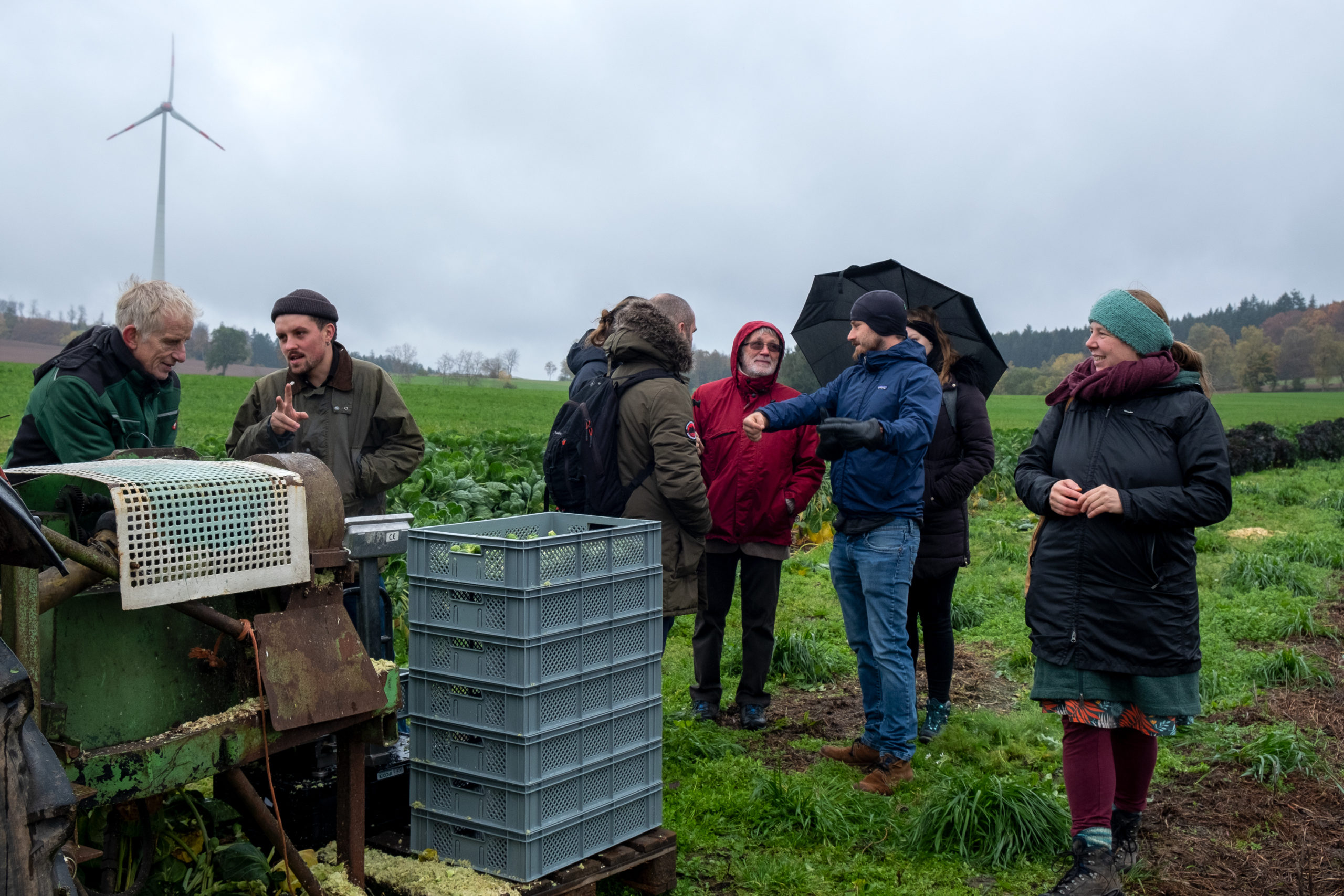
Meeting in Marburg
The European Action Gathering for Sustainable Food Systems in Marburg did not happen overnight. It started off from a long movement of engaged actors already active in rural resilience, peasant agriculture and sustainable food. With key organizers including ARC2020.eu, Marburg’s “Kollektiv von MORGEN e.V.,” the “Arbeitsgemeinschaft Bäuerliche Landwirtschaft Hessen e.V.” (AbL), the Municipalities of Plessè (FR), the Municipality of Marburg (DE), the Region of Hessen, Porticus and Bosch foundations, Sparkasse Marburg-Biedenkopf, the gathering drew in over 100 participants from France, Germany, Belgium, and other European regions.
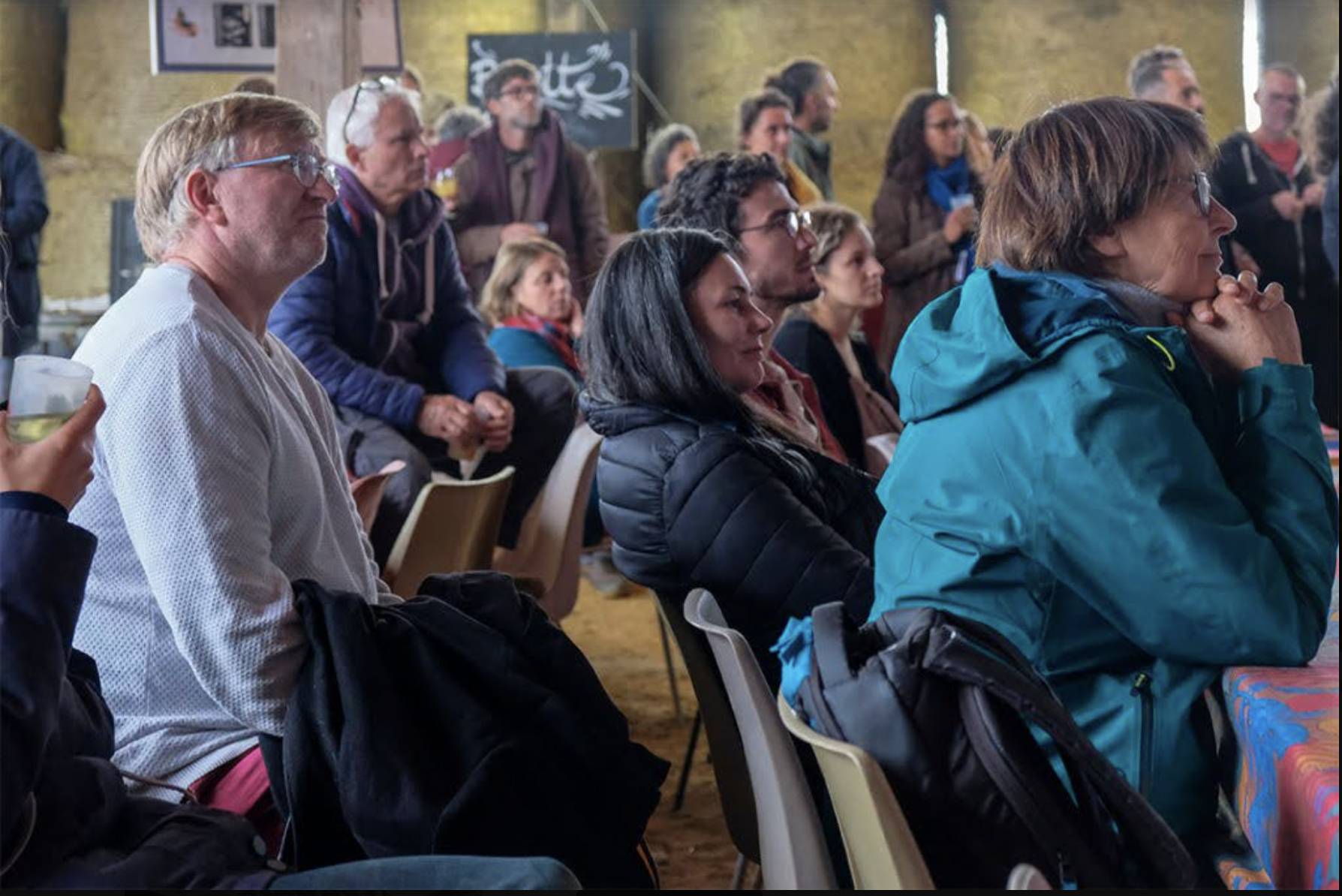
The in-person gathering in Marburg was meant to bring multiple agri, food, and rural perspectives together from the ground and policy levels in order to critically analyse and constructively operationalise the long-awaited legislative proposal for a European Framework for Sustainable Food Systems. This proposal was promised by the Commission as part of the European Green Deal, but it has finally not been delivered upon. Instead of delivering upon the public interests, the Commission and the EU co-legislators are fast speeding in policies going towards the opposite direction, like deregulating GMOs, watering down commitments for pesticide reduction, entrenching unfair subsidies and markets, and conceding again health and agri-environmental derogations promised in the CAP and Farm-to-Fork.
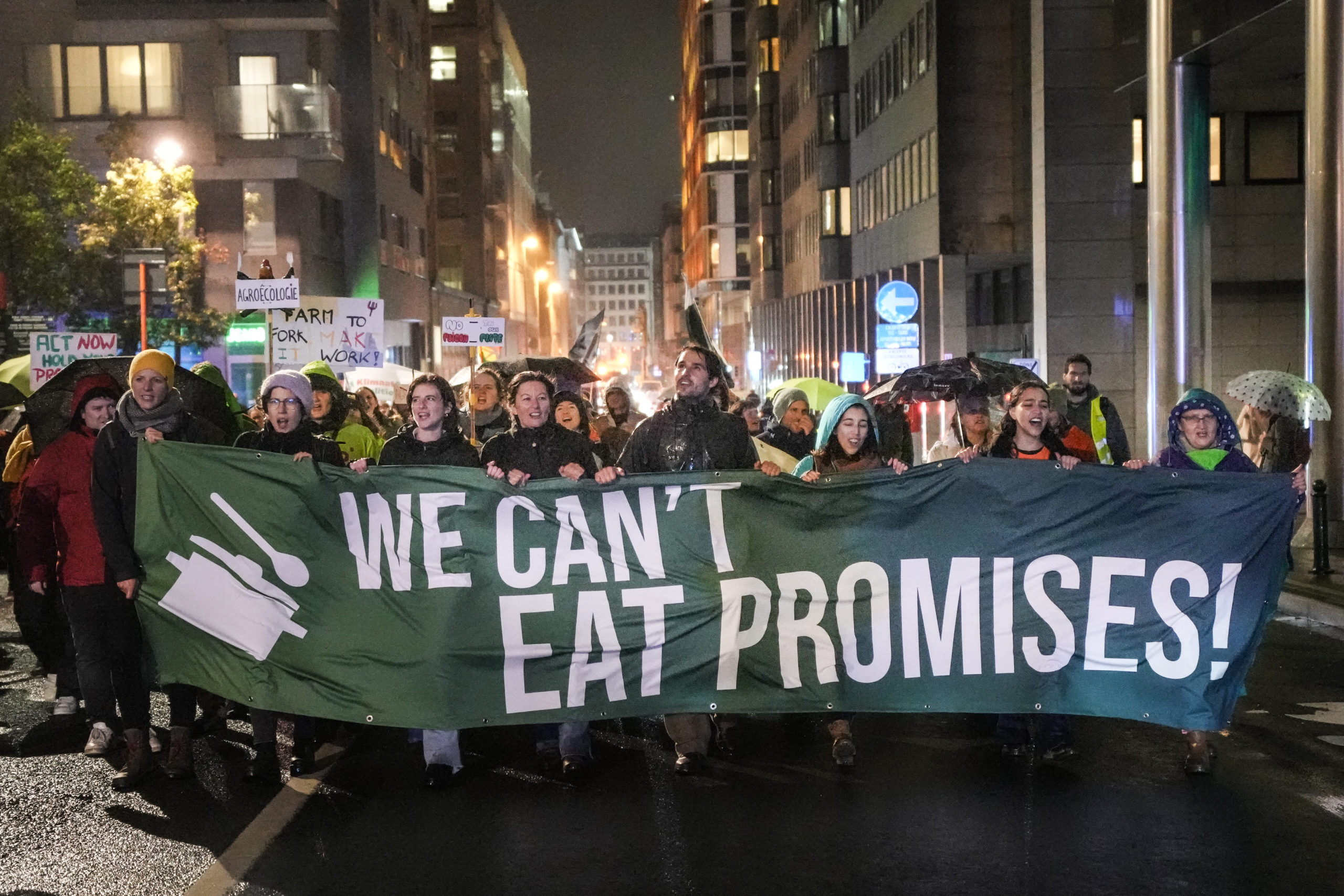
The decline of small-scale farmers, diminishing biodiversity, and limited access to regional, healthy food persist without significant political course correction. The Common Agricultural Policy’s inadequacy, resistance to nature restoration, and reluctance to embrace higher food health and environmental standards exemplify this trend. Despite promises within the European Green Deal for a Sustainable Food Systems Framework, these assurances seem hollow, replaced by a dialogue that delays critical actions and reinforces a pro-agri-business agenda. And yet, strong and well-equipped political actors currently in power like the Commission DG AGRI or the Rural Pact Support for Long-Term Vision for Rural Areas could do so much to make this transition happen now.
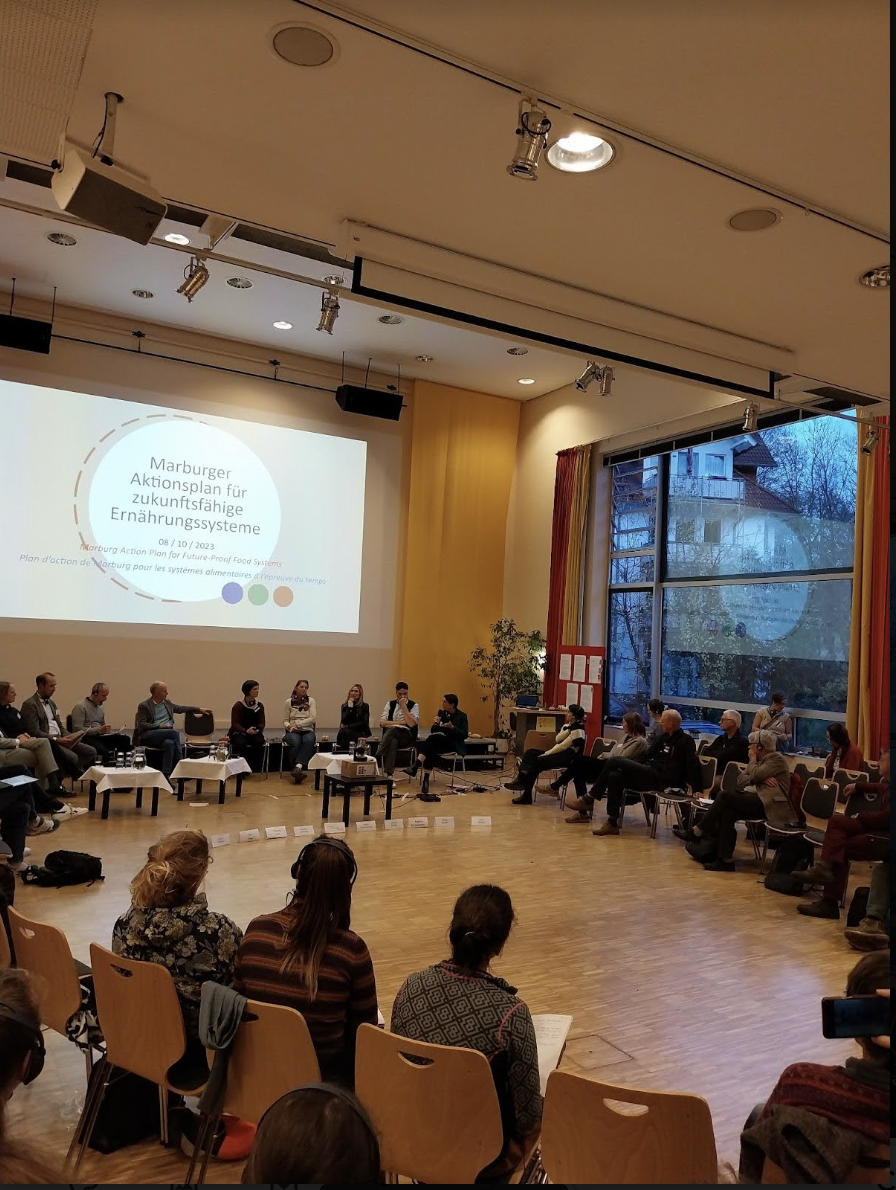
Untangling the Questions
Amidst the picturesque backdrop of Marburg in the Hesse region – home to longstanding social justice movements – the European Action Gathering for Sustainable Food Systems aimed at bridging experiences and inspiration from France to Germany and beyond. Among the outcomes, the gathering is co-creating the Marburg Action Plan, a source of practices, movements, and legislative proposals to urgently operationalise Future-proof Sustainable Food Systems at different levels (towns, collective groups, regions, EU).
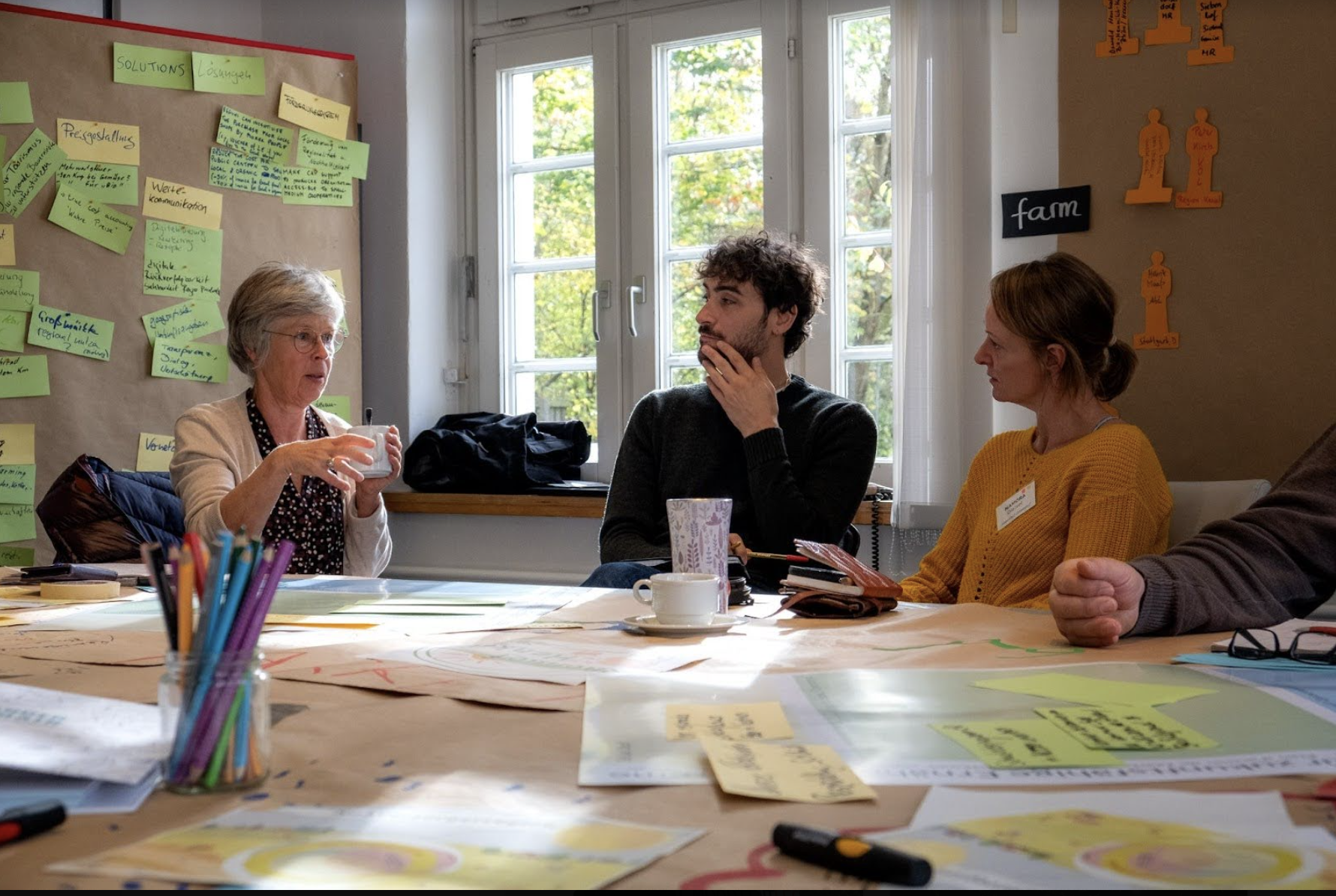
False solutions, silo thinking, and de-regulation from the top have no benefits on the ground – so the goal was to focus on bringing coherence between multiple governance levels and perspectives intersecting in food systems, from farming to health, education, trade, infrastructure and rural wellbeing. In Marburg, the diversity of actors – farmers, food workers, nutritionists, researchers, activists, and policymakers – convened to address this policy gap.
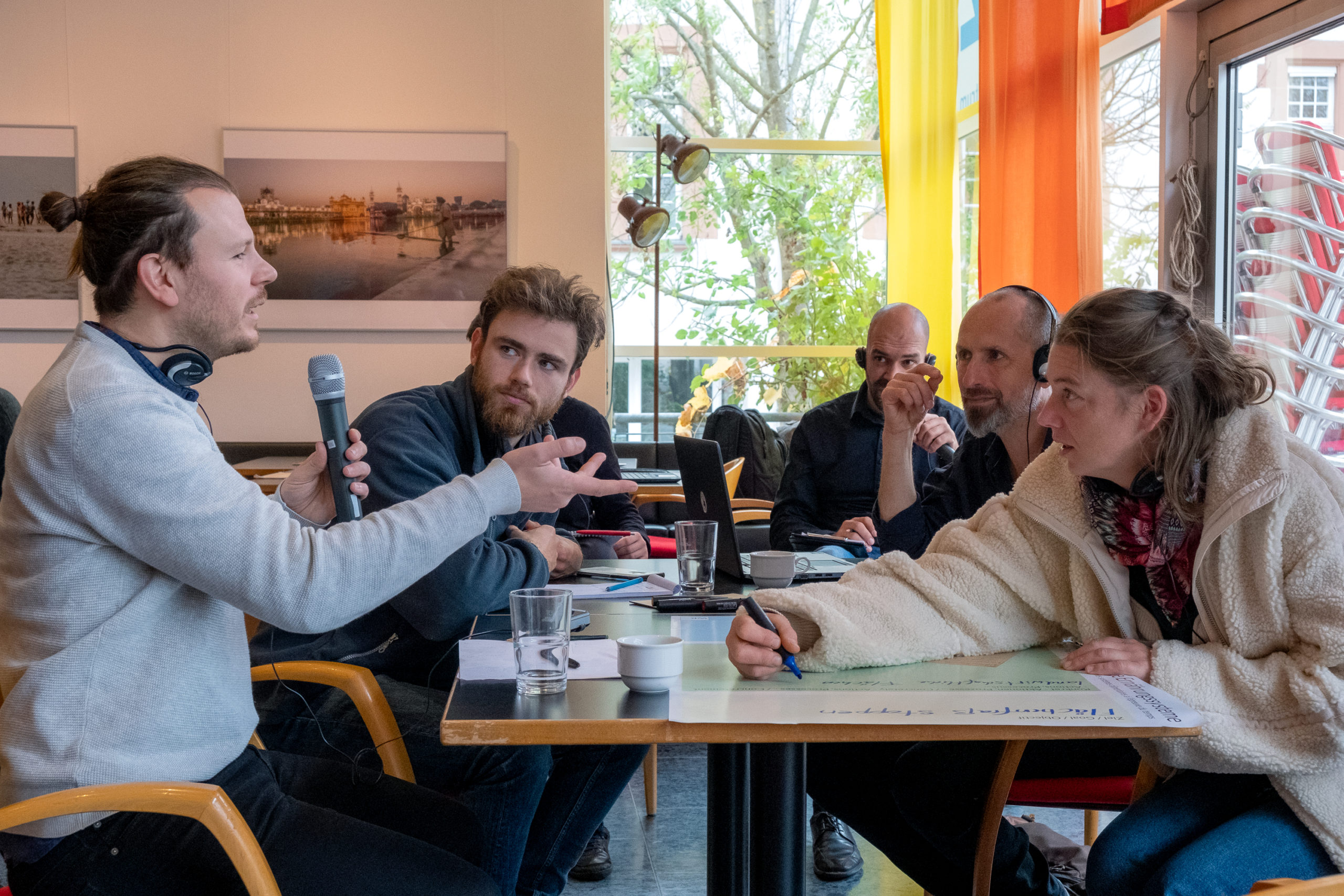
Looking at sustainable food systems with a rural perspective, gathering participants dove into challenges and solutions in six interconnected themes:
-
- Agri-food and rural governance – what is the potential of the local actors like municipalities and food councils?
- Access to land and commons – farmers without land and land without farmers?
- Rural infrastructure for regional value chains – regaining control over the means of processing and marketing.
- Committed partnerships and cooperation – the power of integrating farming and extra-farming actors, like processors, artists, educators, citizens.
- Re-defining sustainable markets and consumption – are labels the only solutions?
- Collective knowledge and capacity building for food system transformation – How do we get everyone on board?
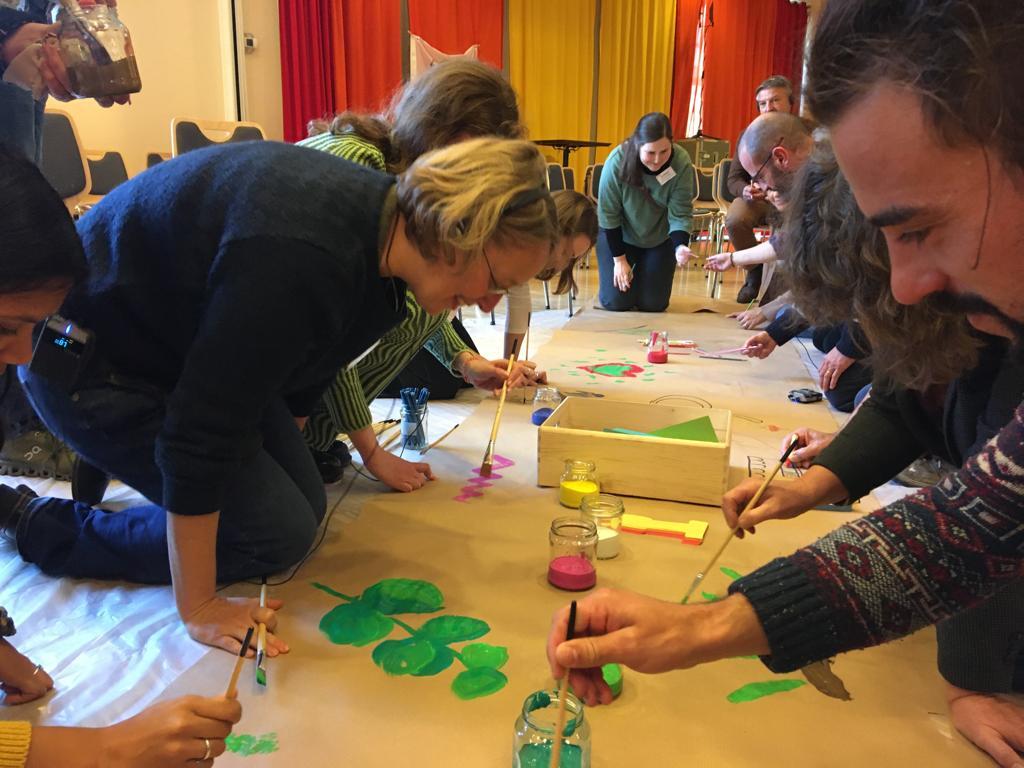
Frustrated by the lack of comprehensive legislation protecting public interests, these grassroots movements seek to spur action on the ground, even as EU-level support, particularly in Common Agricultural Policy funding, disproportionately favors large-scale farmers or producer organizations over small-medium and diversified cooperatives.
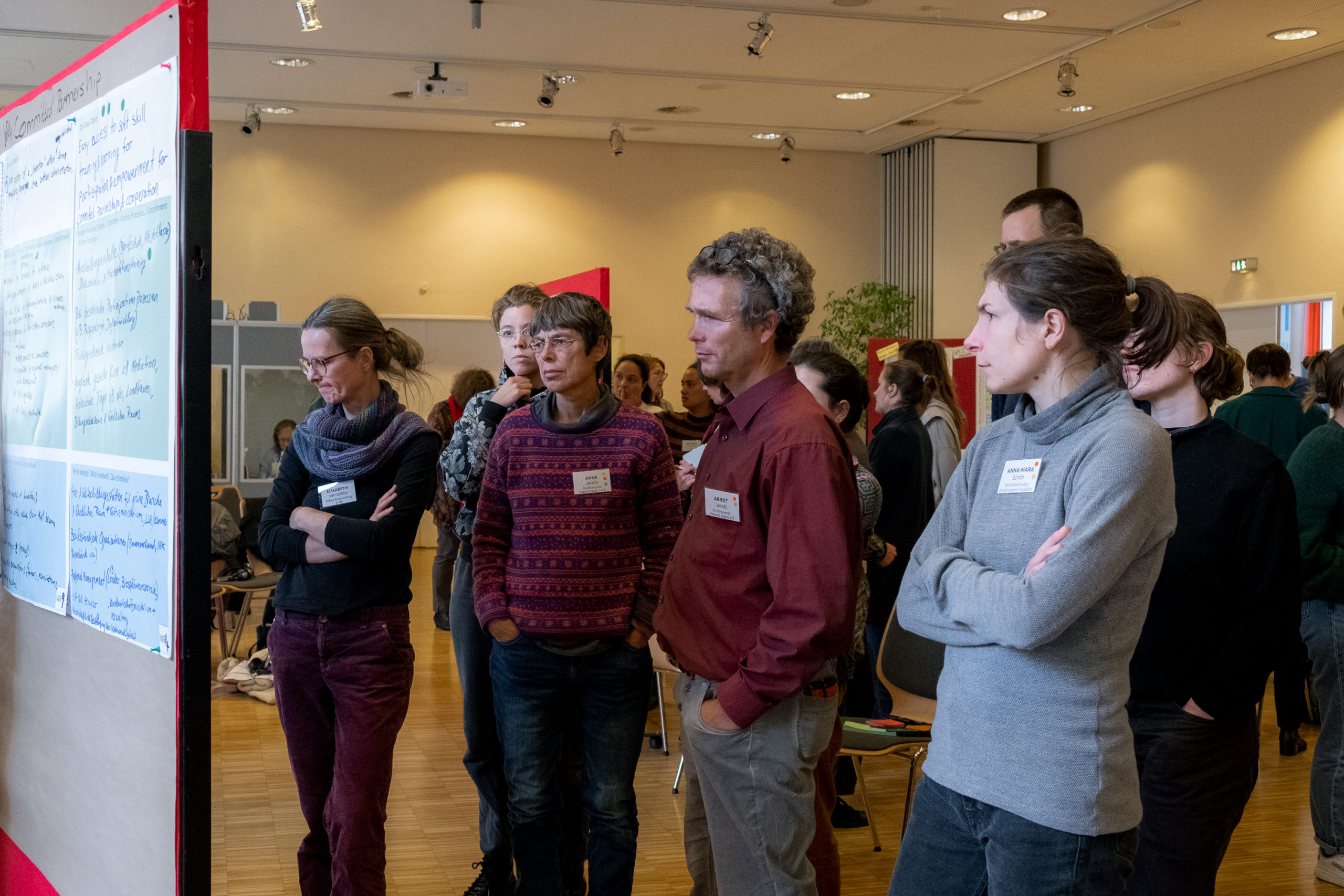
Emphasizing the need for EU-level intervention to support grassroots efforts, the gathering underscored the necessity to move toward convergence and coherence instead of the self-interests and divergence pathways pushed by the dominant agri-food industrial complex keeping farming, nature, and food apart. Lamenting the absence of a unified vision and commitment from EU-level bodies, participants highlight the importance of scaling up bottom-up solutions and carrying regional voices to influence tailored policies at the European level. Multilevel and intersectional action is what we need, and to escape silos and regressive conservative funnels.
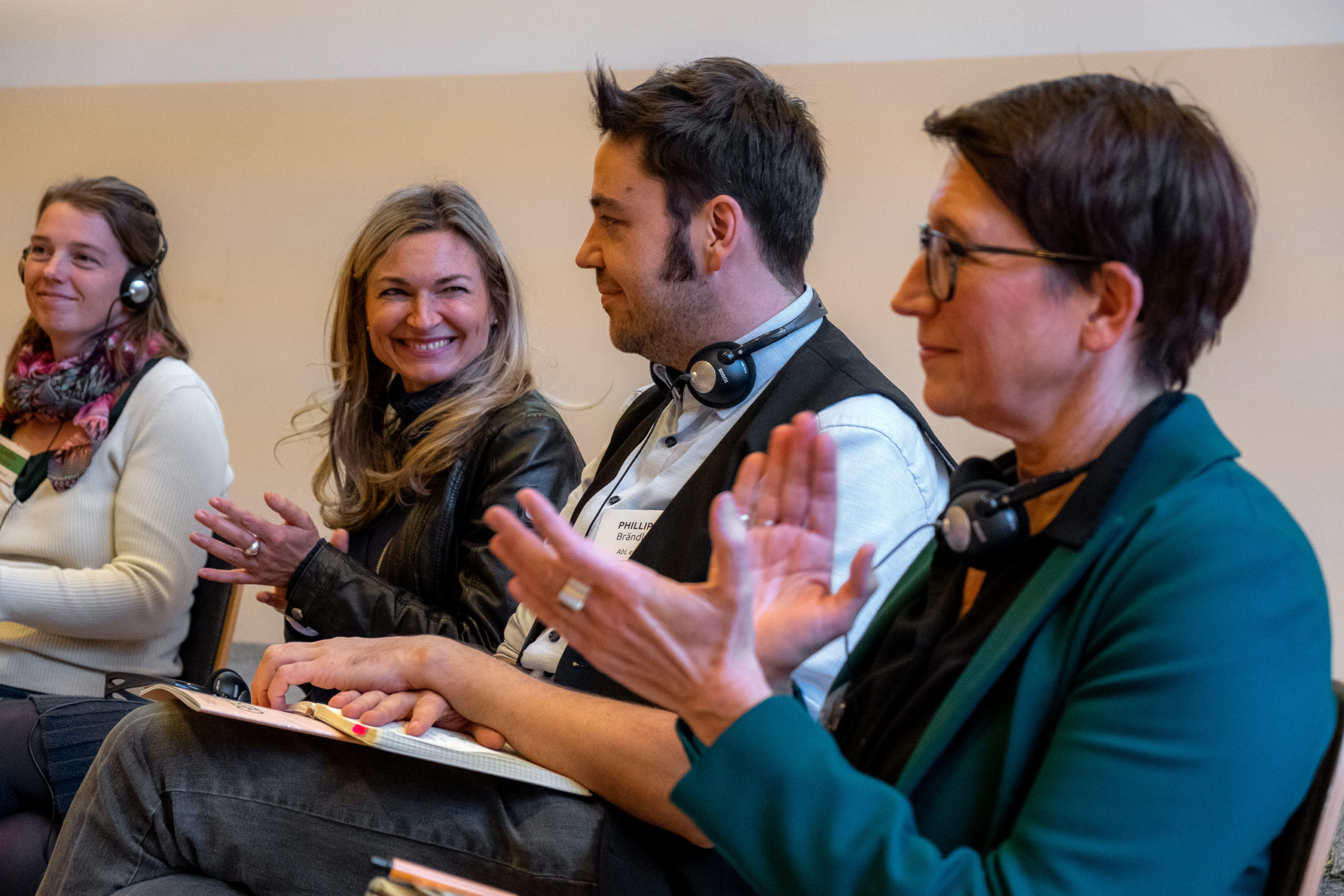
Connecting food system actors across sectors and levels is urgent, without neglecting inequalities and pretending that every actor starts from the same conditions. There is no time for sterile long-term visions for rural areas that are disconnected from today’s EU policy-making. Advocates stress the urgent need to direct public money for public goods and the CAP to embark on the transition towards Sustainable Food Systems, conspicuously absent from the Commission’s agenda until mid-2024.
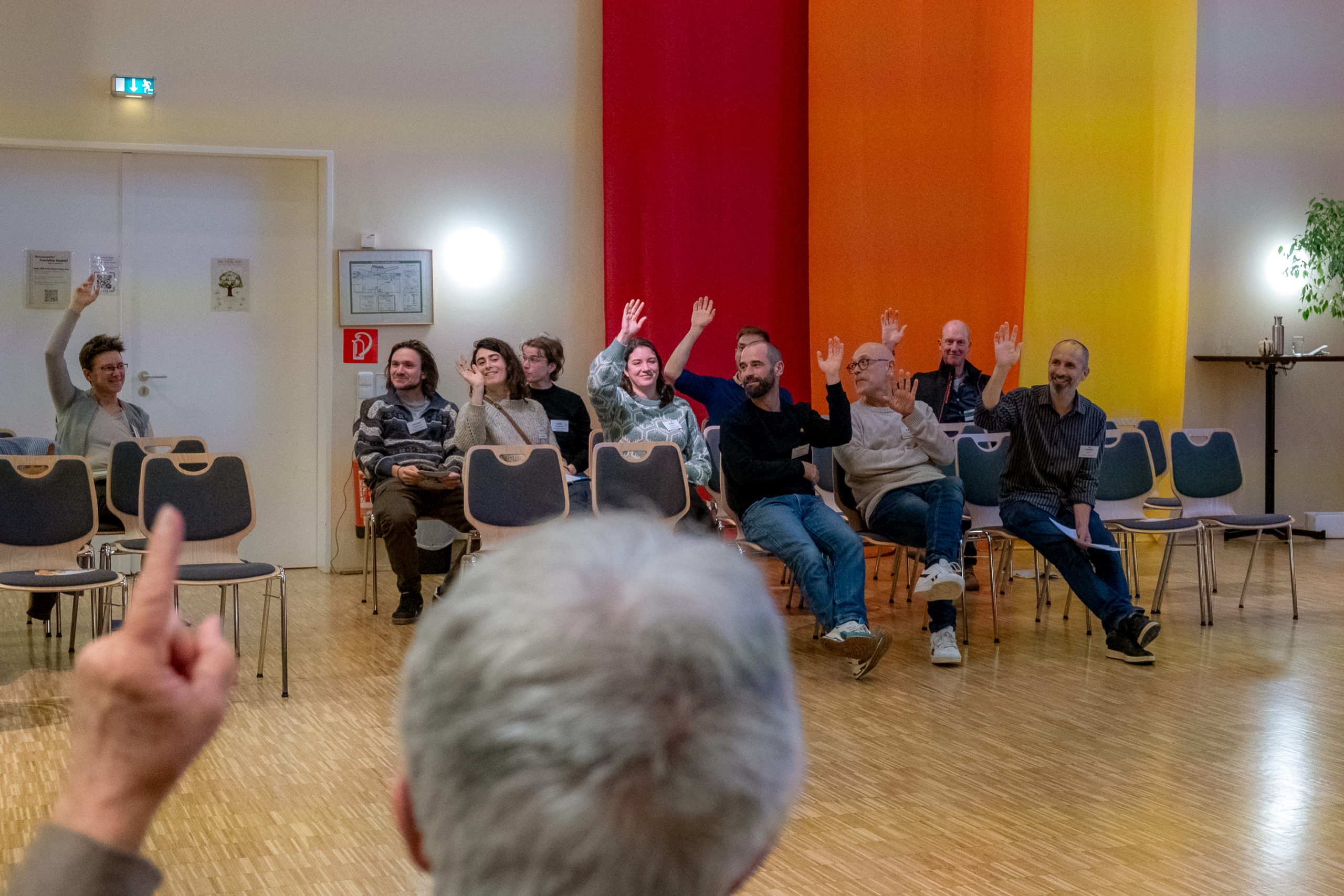
Ways Forward
Creativity, urgency, and solidarity stand as pivotal drivers in reimagining sustainable food systems solutions across Europe. Embracing these principles necessitates prioritizing collective well-being over profit maximization and long-term visions over immediate gains. In the gathering, participants exchanged their solutions for operationalising sustainability now, for instance:
- the local food councils like the one in Marburg and in many other cities in Germany, or the municipal agri-food policy in Plessè (France) acting as collective governance catalyser of this food system transition;
- the 50% to 70% reimbursement from the Wallonian regional authority of the expenses of public authorities like schools or canteens respectively for local and organic food purchased via public procurement;
- the vouchers for consumers funded by the regions to stimulate the purchase of local food in small-scale shops;
- the collective branding and marketing efforts of small-scale farmers in Hesse Region;
- the legal battle won by small-scale farmers in Germany against retailers selling their products in the same food environments where products containing GMO are allowed to be sold.
These and many other cases will be reported in the upcoming Marburg Action Plan.
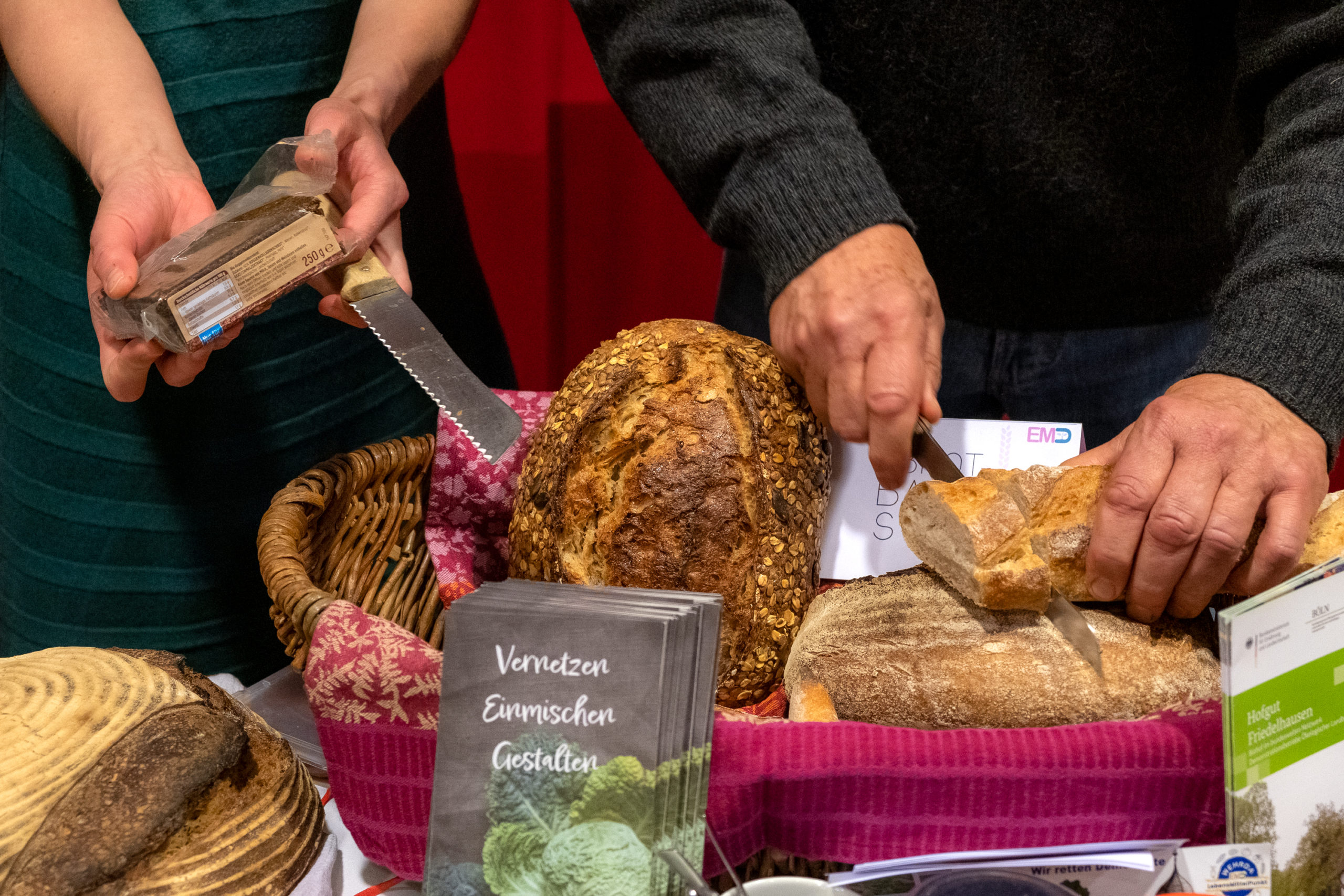
Present at the gathering, the non-profit association Manger Demain based in Wallonia shared their tools and guidelines proposing innovative legal hints to navigate around the narrow-minded EU free market rules for agri-food public procurement. Until the EU decides to seriously change these rules and make agri-food markets faier and healthier, their approach seeks legal pathways that prioritise the positive dimensions of regionally sourced food in public procurement (i.e., pro-seasonal, lower environmental footprint, retaining economic value in regional production) and foster solidarity among producers, consumers, and policymakers.
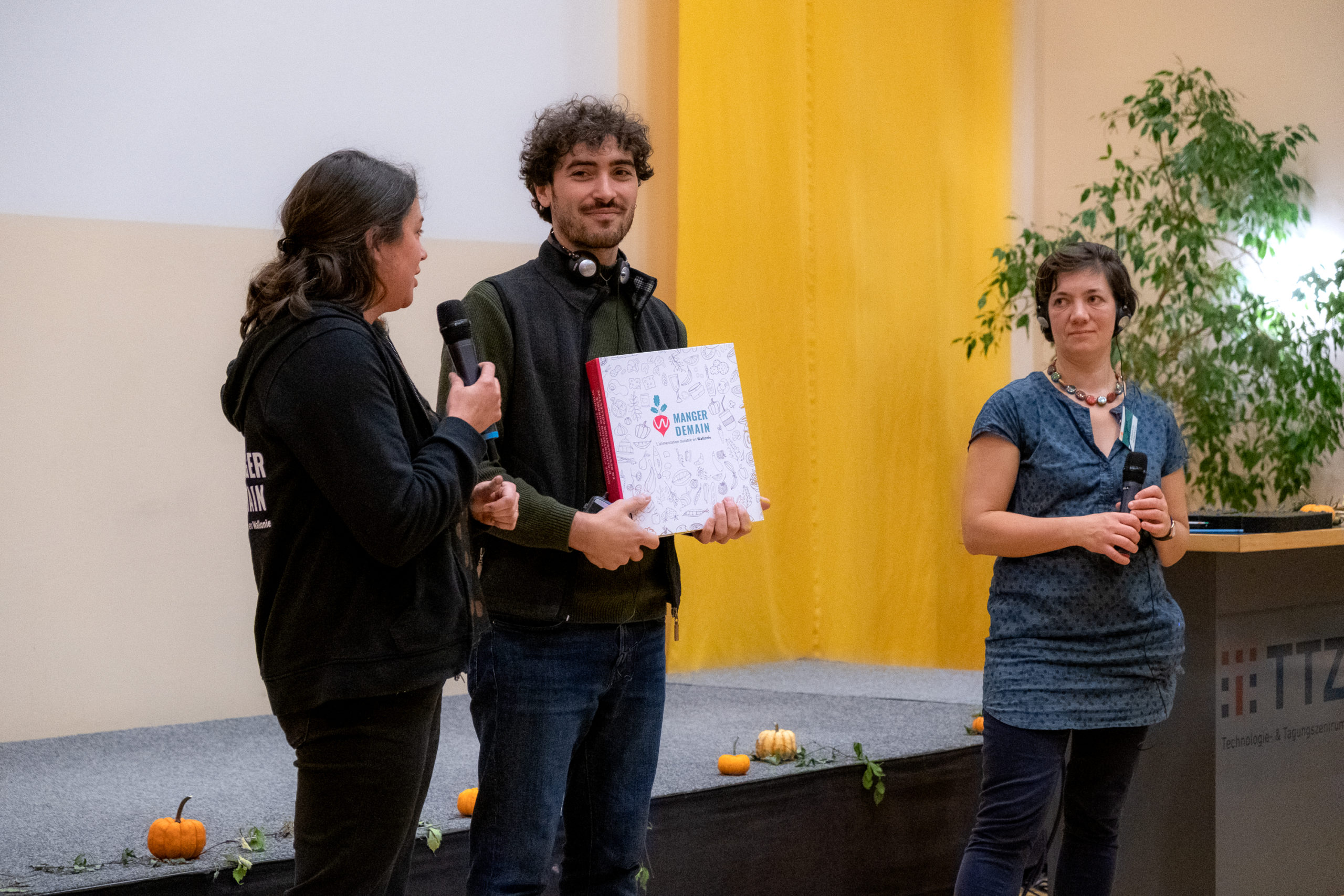
This European gathering in Germany resonates with the Rural Resilience experiences in France documented between 2020 and 2022 by ARC2020. Beyond uncovering France’s agricultural gems, this action-research journey revealed practical solutions and proposals for sustainable food and farming, mirroring the aspirations and challenges discussed at the Marburg Gathering.
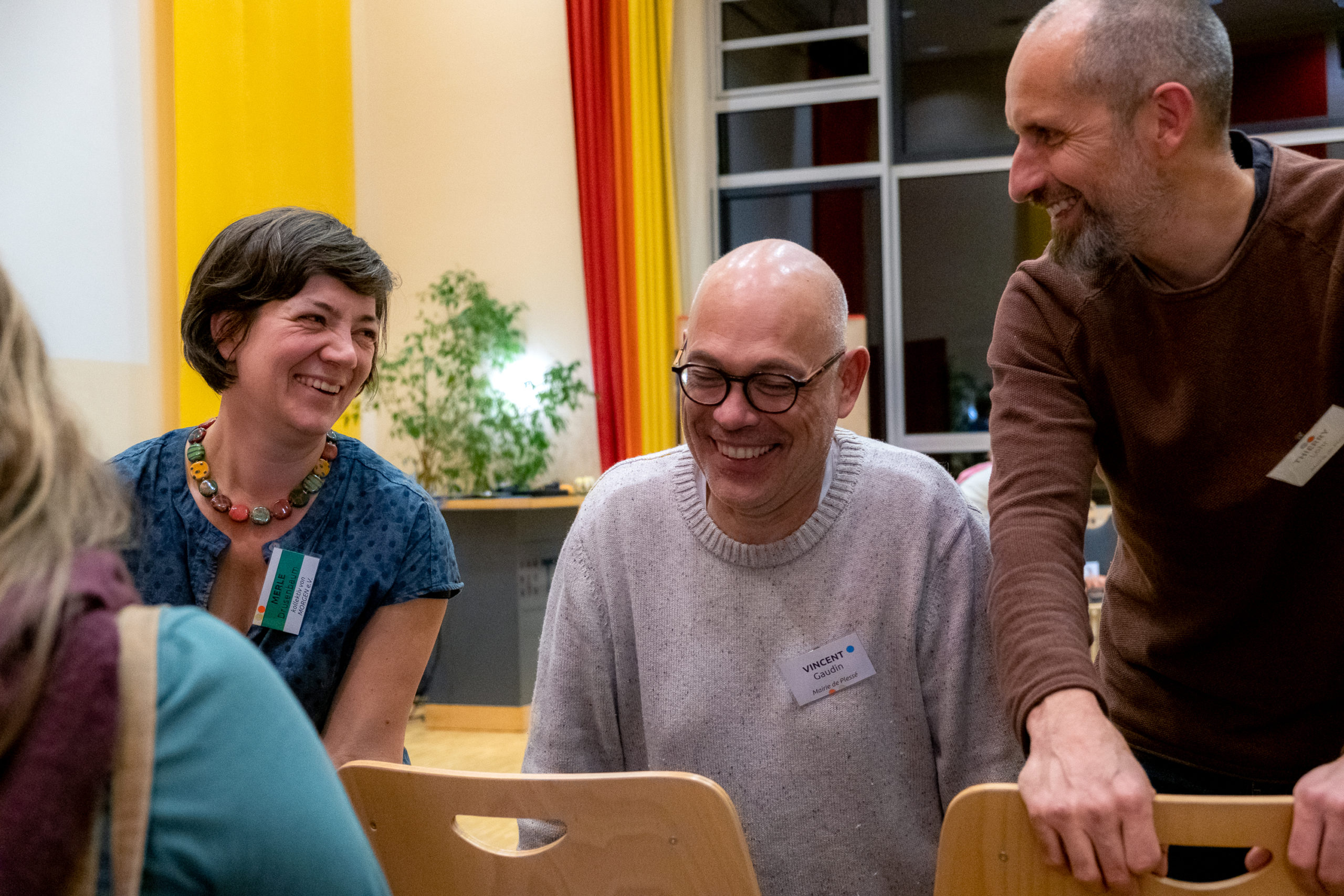
Despite the tricky questions that need unraveling and reweaving, the Marbug Gathering proved to be a place of joy, sharing, and goodwill. On Tuesday night, Antje Schiffers presented the Long Night of Farmers films, a series of short films shot by farmers. In exchange for a bespoke painting of their farm, painted by Schiffers, farmers filmed their daily life, and showed what they wanted to share (or not share) with the artist. The result: a lively discussion and deep cut look at the beauty, hard work, challenges and victories of modern farming across Europe.
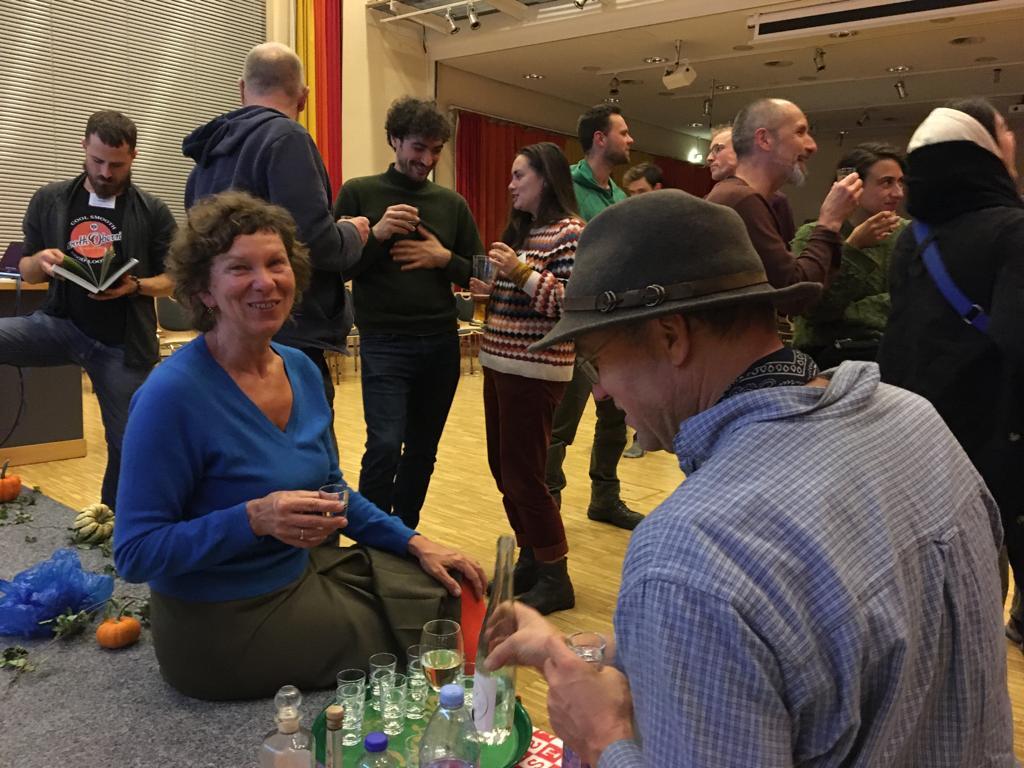
Amidst these initiatives, there is a growing sentiment that the time for change is now. The first draft of the Marburg Action Plan will be ready in a few weeks, and the feeling seems to be that if the politicians won’t make a sustainable systems law, we’ll do it ourselves and show them how! This sentiment embodies the determination and collective spirit prevailing among advocates, signaling a readiness to take matters into our own hands even if policymakers do not yet enact the necessary legislative changes.
Read More:
A Frugal Farm to Fork – Update on Pesticides, new GMOs, Animal Welfare & Sustainable Food Systems
EU Fails to Deliver on Food System Transformation in Face of Environmental Collapse
Sustainable Food Systems – Taking Action on the Ground in Germany


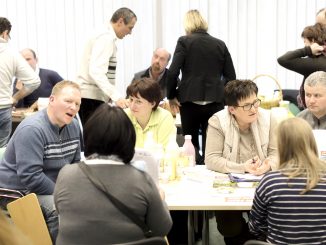
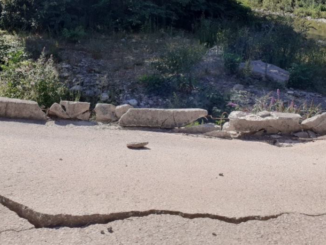
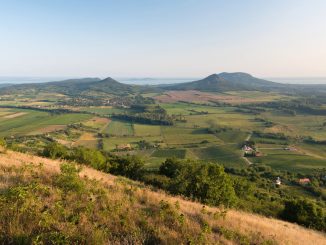
2 Trackbacks / Pingbacks
Comments are closed.